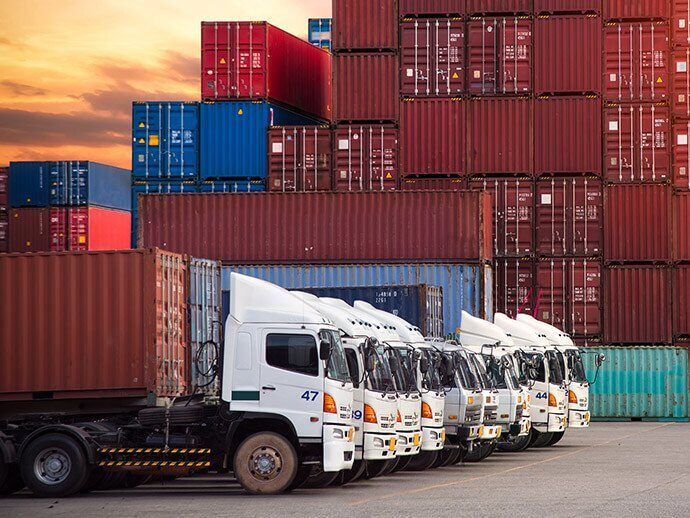
Trump Expands Steel and Aluminum Tariffs to All Countries
On Monday, President Donald Trump announced an expansion of tariffs on steel and aluminum imports, applying them to all countries and effectively nullifying trade agreements with the European Union, the United Kingdom, Japan, and others.
The new executive orders build upon the initial 2018 tariffs—25 percent on steel and 10 percent on aluminum—by increasing duties, closing loopholes, and eliminating prior exemptions. A White House official stated that these measures are designed to reinforce domestic manufacturing and prevent foreign nations from exploiting the existing trade framework.
“This is a big deal. This is the beginning of making America rich again,” Trump said as he signed the executive orders. Standing beside him was his nominee for Commerce Secretary, Howard Lutnick, who emphasized the economic impact. Lutnick noted that while the original tariffs created 120,000 jobs, exemptions and exclusions had eroded those gains, leading to a loss of 107,000 jobs in the steel industry.
Under the revised policy, the steel tariff remains at 25 percent, while the aluminum tariff is raised to the same level. A White House official, speaking on condition of anonymity, framed the policy as a necessary response to the previous administration’s trade approach, which they claimed allowed China, Russia, and even U.S. allies like Canada, Mexico, Brazil, and the EU to undermine American industry.
Additionally, the administration is removing a vast number of tariff exclusions that were granted to importers over the years. The White House argues that these exemptions, initiated under Trump’s first term and continued by President Biden, have been misused, allowing strategic competitors to bypass tariffs. Officials cited concerns over steel transshipment, alleging that China and Russia have funneled steel through Canada and Mexico, while Japan has targeted the U.S. market with high-value specialty steel. South Korea, according to the administration, has exploited a negotiated quota exemption to flood the U.S. market, while Brazil has significantly increased its exports of semi-finished steel.
The new executive orders also introduce stricter standards for steel and aluminum produced in North America, aiming to close loopholes that previously allowed China and Russia to route their products through Canada and Mexico.
Trump’s original tariffs, imposed in 2018 under Section 232 of the 1962 Trade Expansion Act, applied broadly but included some negotiated exemptions. Countries like South Korea, Argentina, and Brazil opted for tariff-rate quotas (TRQs) instead of full tariffs, allowing a certain volume of products to enter duty-free before duties were applied. Australia was fully exempted, as Trump determined its exports did not threaten U.S. national security, a policy continued under Biden.
Facing pressure from Congress, Trump later exempted Canada and Mexico from the tariffs, which led to both countries lifting retaliatory duties and facilitated the approval of the U.S.-Mexico-Canada Agreement (USMCA) as a replacement for NAFTA. When Biden took office, his administration negotiated additional deals with the EU, the U.K., and Japan to replace steel and aluminum tariffs with TRQs, although aluminum duties on Japan remained in place.
The U.S.-EU deal was initially intended as a temporary measure while both sides worked on a broader agreement to counter global steel overproduction and encourage lower-carbon steel manufacturing. However, negotiations failed to produce a final agreement within the allotted two years, prompting the EU to prepare renewed retaliatory tariffs against U.S. goods. In December 2024, the EU agreed to delay its retaliation until March 31, 2025, to allow further negotiations.
Despite previous tariffs and quotas, imports still accounted for approximately 20 percent of total U.S. steel consumption in 2024. The United States imported 22.5 million tons of finished steel products and an additional 6.3 million tons of steel for further processing, with Canada, Brazil, Mexico, and Vietnam among the largest suppliers.
